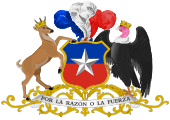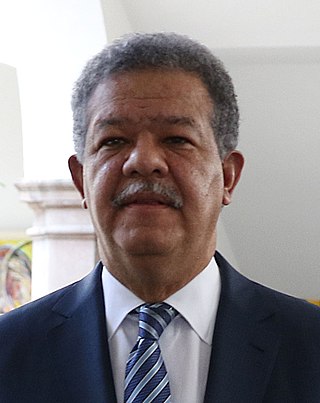
Leonel Antonio Fernández Reyna is a Dominican lawyer, academic, and was the 50th and 52nd President of the Dominican Republic from 1996 to 2000 and from 2004 to 2012. From 2016 until 2020, he was the President of the EU–LAC Foundation.
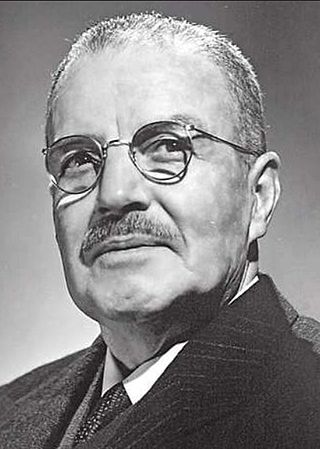
General Carlos Ibáñez del Campo was a Chilean Army officer and political figure. He served as President twice, first between 1927 and 1931, and then from 1952 to 1958, serving for 10 years in office.
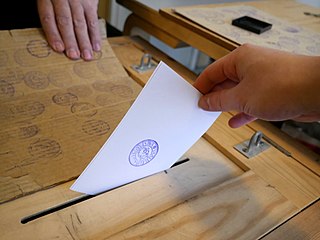
A presidential election is the election of any head of state whose official title is President.

Francisco Antonio Pinto y Díaz de la Puente was a Chilean politician who served as President of Chile between 1827 and 1829.

Emiliano Figueroa Larraín was President of Chile from December 23, 1925, until his resignation on May 10, 1927. He also served as acting president for a few months in 1910.

Presidential elections were held in Chile on July 8, 1826. The National Congress of Chile voted to elect the first President of the Republic of Chile.

Presidential elections were held in Chile on September 16 and 17, 1829, through a system of electors.

Presidential elections were held in Chile on 5 April 1831. Carried out through a system of electors, they resulted in the election of General Joaquín Prieto as president.

Julio César Cleto Cobos is an Argentine politician who was the Vice President of Argentina in the administration of President Cristina Fernández de Kirchner from 2007 to 2011. He started his political career as member of the Radical Civic Union party (UCR), becoming Governor of the Province of Mendoza in 2003. He was expelled from the UCR in 2007, and was then selected by presidential candidate Cristina Fernández de Kirchner, of the ruling Front for Victory (FpV), as her candidate for vice-president in the elections of that year, which they won.

The Parliamentary Era in Chile began in 1891, at the end of the Civil War, and spanned until 1925 and the establishment of the 1925 Constitution. Also called "pseudo-parliamentary" period or "Parliamentary Republic", this period was thus named because it established a quasi-parliamentary system based on the interpretation of the 1833 Constitution following the defeat of President José Manuel Balmaceda during the Civil War. As opposed to a "true parliamentary" system, the executive was not subject to the legislative power but checks and balances of executive over the legislature were weakened. The President remained the head of state but its powers and control of the government were reduced. The Parliamentary Republic lasted until the 1925 Constitution drafted by President Arturo Alessandri and his minister José Maza. The new Constitution created a presidential system, which lasted, with several modifications, until the 1973 coup d'état.
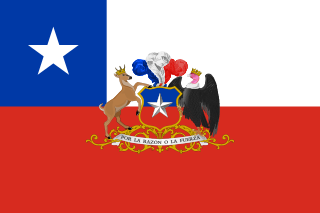
The president of Chile, officially known as the president of the Republic of Chile, is the head of state and head of government of the Republic of Chile. The president is responsible for both government administration and state administration. Although its role and significance have changed over time, and its position and relations with other actors in the national political organization have also evolved, it remains one of the most prominent political offices in the country. It is also considered one of the key institutions that form the "Historic Constitution of Chile," and is crucial to the country's political stability.

From February 20 to July 1, 1984, voters of the Republican Party chose its nominee for president in the 1984 United States presidential election. Incumbent President Ronald Reagan was again selected as the nominee through a series of primary elections and caucuses culminating in the 1984 Republican National Convention held from August 20 to August 23, 1984, in Dallas, Texas.
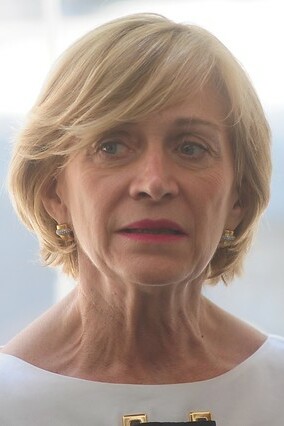
Evelyn Rose Matthei Fornet is a Chilean politician and the current mayor of Providencia, a prosperous commune of Santiago, serving since 2016. Prior to her current position, she held the role of Deputy in the Chilean Congress from 1990 to 1998, and subsequently served as a Senator from 1998 to 2011. In January 2011, she left her Senate seat to assume the role of Minister of Labor and Social Security under Chilean President Sebastián Piñera until July 2013. In the 2013 Chilean general election, she ran for President with the support of the Independent Democrat Union Party. However, she lost in a runoff to former President Michelle Bachelet.

The 2010 Philippine presidential and vice presidential elections were held on Monday, May 10, 2010. The ruling President of the Philippines, Gloria Macapagal Arroyo, was ineligible to seek re-election as per the 1987 Constitution, thus necessitating an election to select the 15th President.
The following lists events that happened during 1829 in Chile.
The following lists events that happened during 1846 in Chile.
The following lists events that happened during 1910 in Chile.
The Frente de Todos was a centre-left political coalition political parties in Argentina formed to support President Alberto Fernández and Vice President Cristina Kirchner.

General elections were held in Argentina on 22 October 2023 to elect the president, vice president, members of the National Congress, and the governors of most provinces. As no presidential candidate won a majority in the first round, a runoff was held on 19 November, in which Javier Milei defeated Sergio Massa to become President of Argentina. Incumbent president Alberto Fernández and incumbent vice president and former president Cristina Fernández de Kirchner, despite both being eligible for a second, consecutive term, did not seek re-election.
Events in the year 2023 in Argentina.
